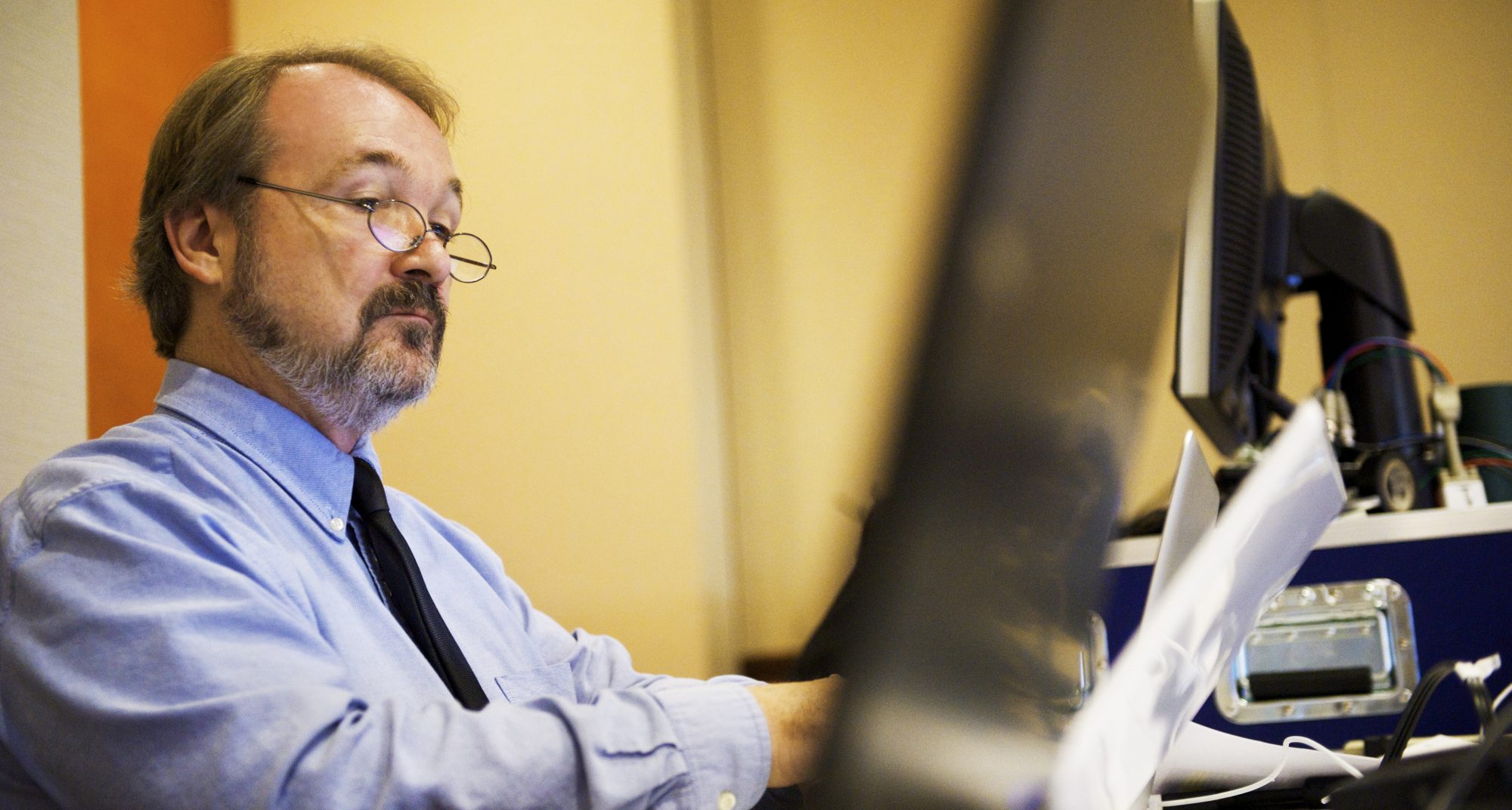
(Image by Jim Sahagun, via Unsplash)
I’m going to try an idea out today that I’m not sure I believe, but that’s what writing is for sometimes.
Think of a writer. Had a few books published, one of them really wonderful, the others quite good. Teaches fiction at a major university. But if you gathered together a broad array of writers and critics, and asked them for their list of the hundred most important contemporary American novelists, I’m betting that he wouldn’t make many of those lists.
Most professional writers teach writing. Most professional musicians teach music, artists teach art, actors teach acting, dancers teach dance. There comes a point for most of us where the scramble for the pinnacle is left behind, where we make a tenuous and uncertain peace with our own attainment.
But those words “tenuous” and “uncertain” weigh a lot. We can stop our climb from exhaustion, always imagining what could have been if only… We can stop our climb from barriers, and live forever in the resentment of those gatekeepers. We can stop our climb because we’ve attained a pleasing vista, satisfied with the view. The question becomes, what do we do when we stop? Do we look upward in anger? Do we look outward in smugness? Or do we look back to others at earlier stages on the trail, help them rise and warn them of risky handholds?
Andrew Carnegie is widely said to have laid out this guide to a good life: to spend the first third learning as much as you can, the middle third making as much as you can, and the final third giving away everything that you can.
And if we think of that in metrics beyond mere dollars, then most artists of most sorts do that. We spend years absorbing every single thing we see and hear, we’re in full growth mode. We spend more years making, exploring, doing everything we can with whatever talents we’ve cultivated. And then, we bring others into the fold. The problem I have with Carnegie’s formulation isn’t his reduction of success to money, nor even his paternalism of donating, deciding for himself what others needed. The problem is with the even division of the sequence into thirds.
I think that, in order to really enact Carnegie’s dictum, we need to think of making a conscious decision, at some point, to shift from a focus on greatness to a focus on kindness. That might happen at any point along one’s life, that move from achievement to generosity. I’ve written before about the idea of the bodhisattva, the semi-divine entity who foregoes nirvana for a life of assistance and mercy. And continued suffering.
Some people, of course, never make that shift. You know their names. Musk, Bezos, Jagger, Wintour, Kardashian. Always climbing, grasping, never easing the lives of others. As Thom Yorke of Radiohead put it, Ambition makes you look pretty ugly / kicking and squealing Gucci little piggy.
I’ve had teachers like that, people far too invested in their own work to bring themselves fully to the work of their students. I’ve known neighbors like that: committed to a life of alpha positioning, first through high school football, eventually through buying really sad oversized trucks and demeaning everyone around them.
Maybe it’s not sequential, either. Maybe we get up every morning and decide whether today’s going to be a greatness day or a kindness day. I think a lot of teachers do that, without ever naming those terms. They teach two semesters, and work on their own through the summer. They spend three years writing the novel, and then a year as a visiting scholar at someone’s writing program. They work weekdays to teach studio art, and then retreat to their own studios on the weekends to follow their own missions.
I just think maybe it’s worth being overt about where we stand at any given moment, with any given task. And when we’re teaching, when we’re giving it away, to at least in that venue leave ambition aside, let go of the anger and the fear and the striving and just be an instrument of mercy. A momentary bodhisattva.




